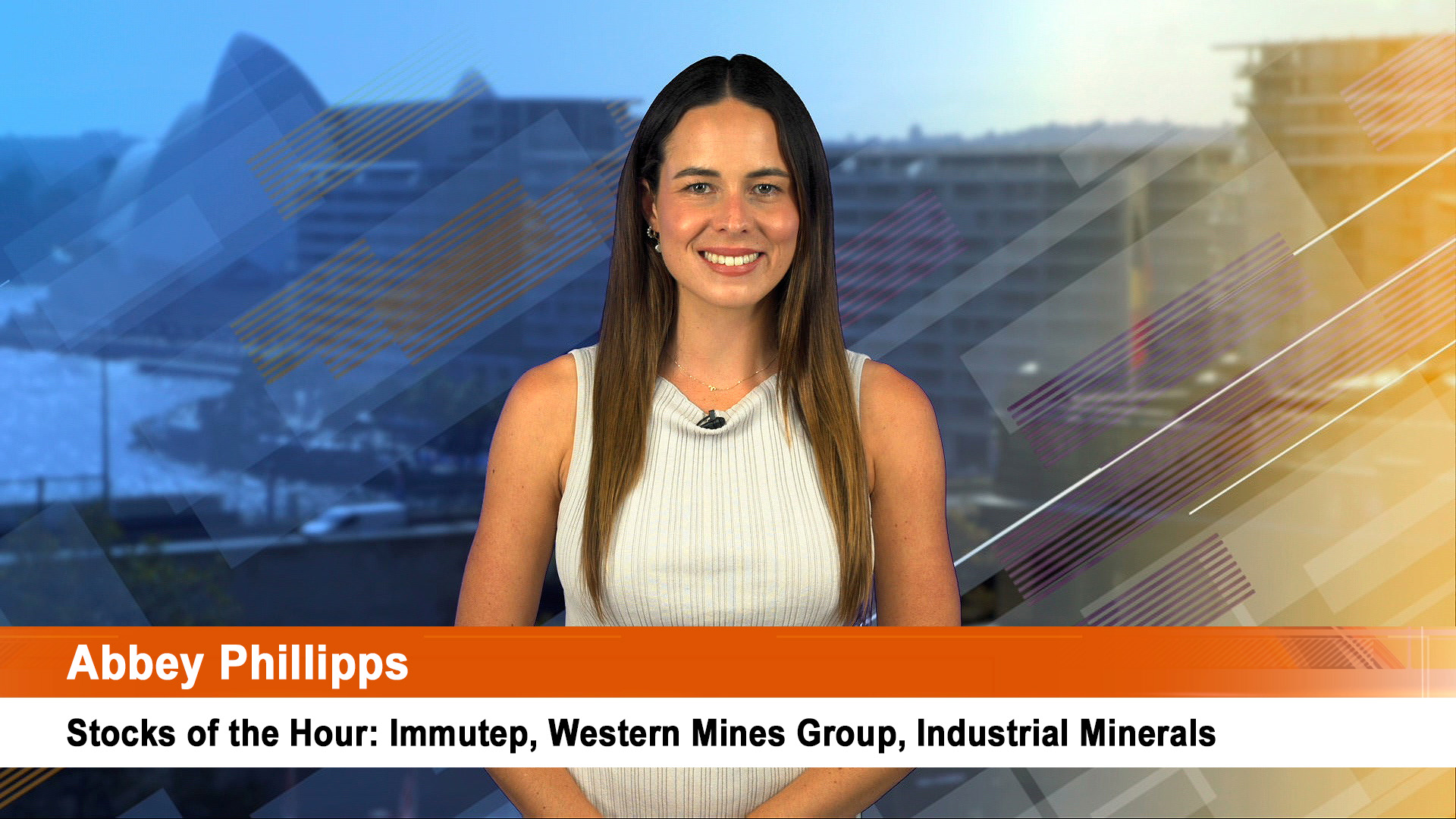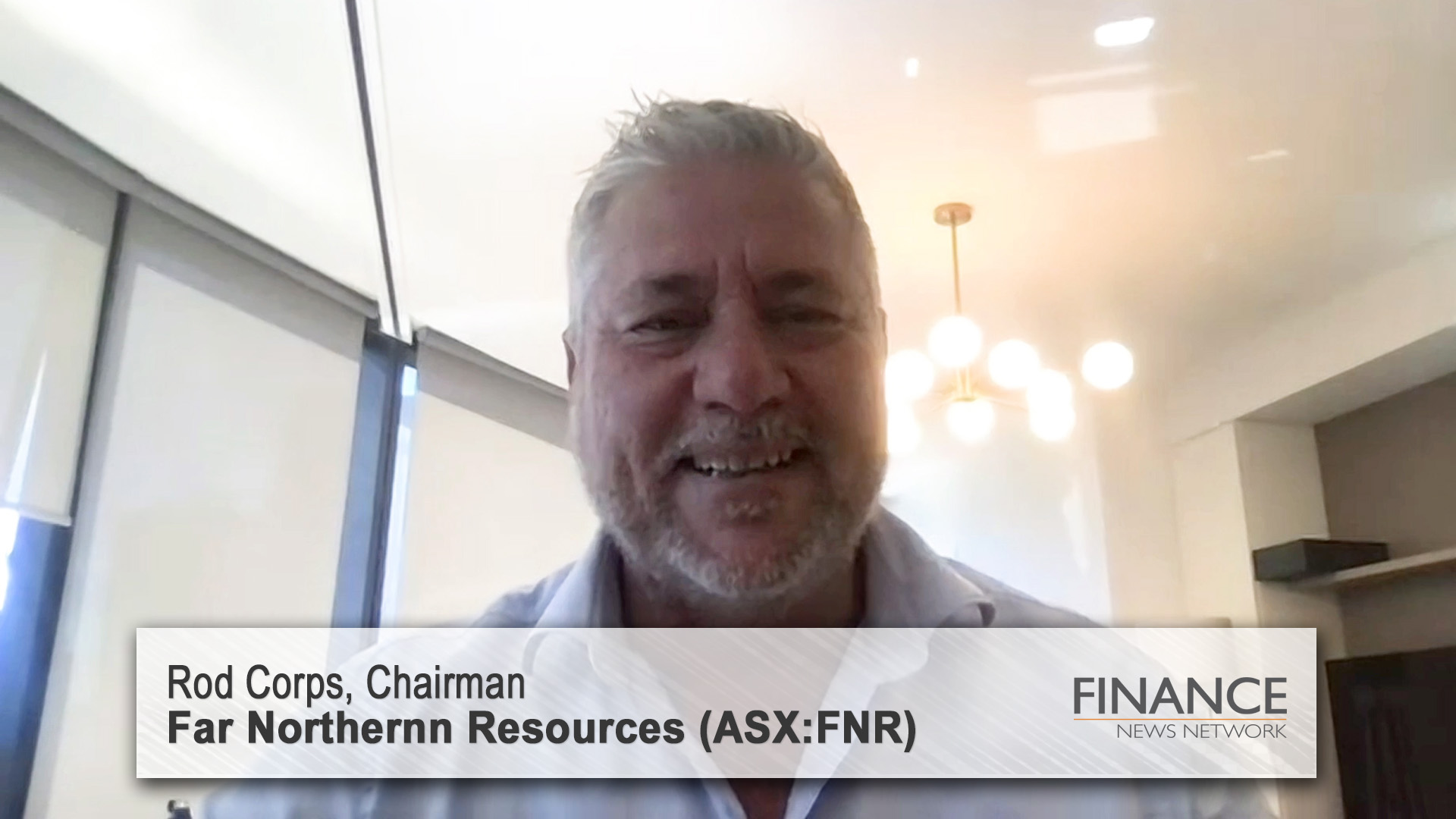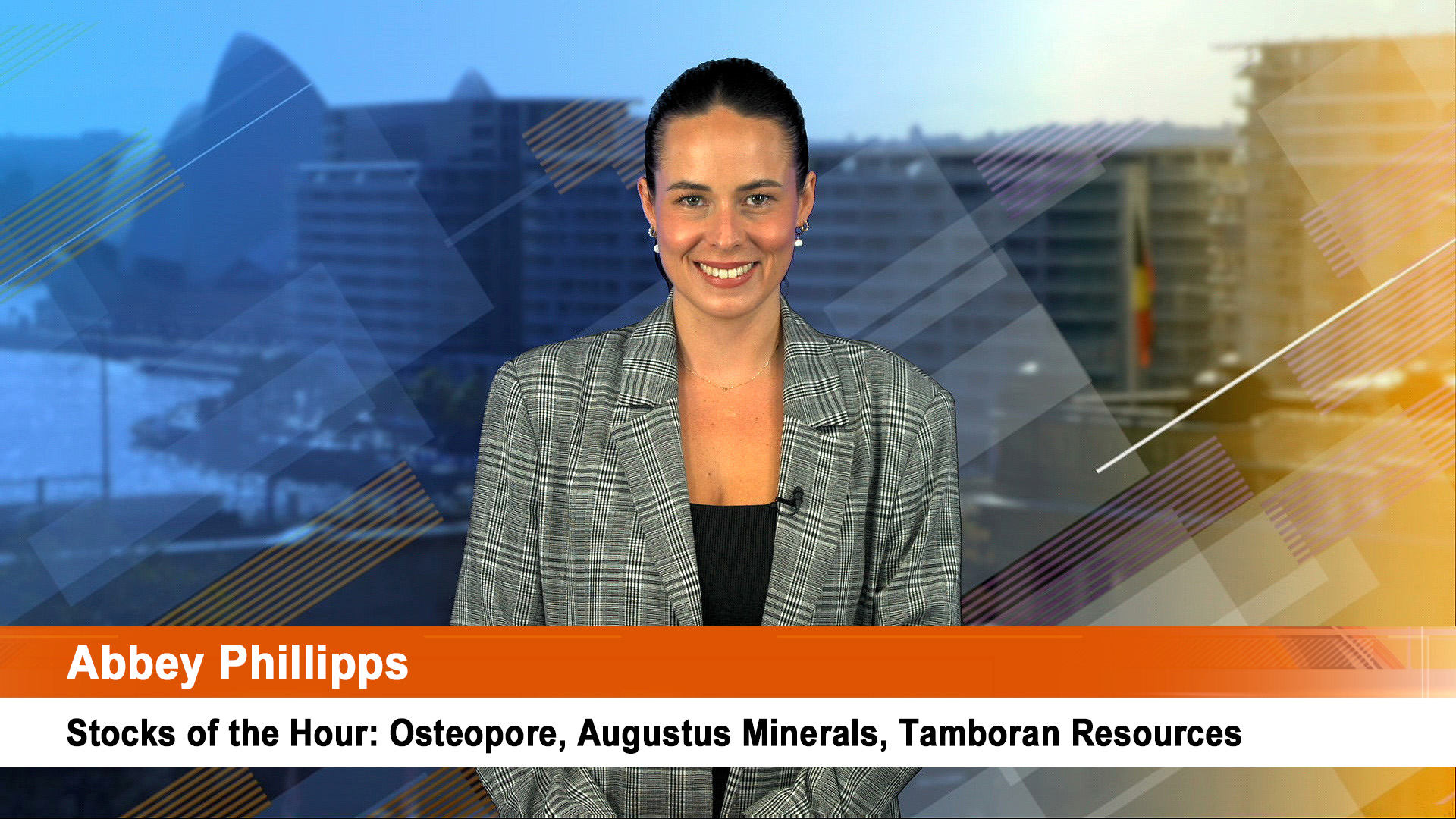Late today an economic conundrum will rear its head.
January's jobs and unemployment figures will be released by the Australian Bureau of Statistics and are expected to reveal another strong month.
And yet, yesterday's release of the Westpac/Melbourne Institute Consumer Sentiment index revealed that Australian consumers had turned gloomy about life.
The two don't seem to suit well together: strong employment against fears about the future.
Retail sales last week were solid as were building approvals.
And yet it seems the combination of weak stock markets, publicity about problems with some companies, high petrol prices and those bank mortgage increases have combined to send consumer sentiment down in both December, and over the course of 2007.
As well, publicity about budget cuts, inflation and government 'tough talk' are also playing a part in undermining consumer confidence, or so it would seem
The Westpac-Melbourne Institute Consumer Sentiment Index has fallen by 8.3% since December, and 5.9% since the January 2007 – the first negative annual change in sentiment since November 2006.
The survey was taken at the weekend after the big four Australian banks and second-tier lenders raised their mortgage rates.
Westpac chief economist Bill Evans described the result of the survey as "This is a fairly typical response from consumers to an increase in existing mortgage rates."
"On this occasion the increase did not come as a result of the Reserve Bank of Australia (RBA) raising its overnight cash rate but directly from the banks as they sought to recover some of the additional funding costs associated with the global credit crisis."
Westpac itself was one of those banks lifting rates outside an increase engineered by a lift in the cash rate by the RBA
Mr Evans said consumer confidences had also been hit by a series of other unsettling news.
"Firstly, media reports have pointed to the real possibility of a follow-up rate hike from the RBA in February if inflation pressures are seen to persist.
"Secondly, while global credit conditions appear to have improved since the beginning of the year, media emphasis has been on the probability of a recession in the US which would undoubtedly have unnerved consumers."
Mr Evans said a 10% increase in petrol prices over the last two months added to the tide of negative sentiment.
News on the sharemarket had also been discouraging, he said.
"The Australian market is now around 12.5% off its high, compared to 10.5% in the US.
"Since the last sentiment survey, the share price index has fallen by 10.1%."
There was another sharp fall on the sharemarket in the US and Australia yesterday which won't help confidence among consumers.
Mr Evans said that 103.1, the index was still positive, with optimists outnumbering pessimists, but the index was now down 16.8% from its peak in May of last year.
The survey shows that all five component indices of consumer sentiment registered declines in January.
There were falls of greater than 10% by the index reflecting sentiment towards economic conditions over next 12 months (down 20.4%) and the index reflecting expected economic conditions over the next five years (down 10.4%).
The current conditions index decreased by 3.3% and the expectations index fell by 11.6%.
Inflation figures are out next Wednesday for the fourth quarter and 2007 with the release of the Consumer Price Index and the RBA board meets to discuss monetary policy on February 5, and its decision will be made known later that day.
Between then the US Federal Reserve will cut interest rates, either at its meeting on January 29-30, or before then.
The rate cut in the Us won't generate much in the way of positive news because it will reflect an attempt to limit the impact of the US economy's slide into recession.
Next week's CPI is likely to spark a fair bit of speculation about interest rates, which also won't do much to solidify consumer thinking on the economy now or in the immediate outlook.
Federal Treasurer, Wayne Swan has hopped into the saddle fairly quickly, with the now usual warnings about inflation
He told Macquarie Radio yesterday that Federal Treasury has advised the government that inflation will be at or above the Reserve Bank target band for the next 18 months
The day after he and Prime Minister Rudd met with Reserve Bank and Treasury officials in Sydney to discuss inflation, Mr Swan described it as one of the government's biggest challenges.
"The most important thing is the outlook for this country in the longer term is very good but we do have to get on top of this inflation challenge," Mr Swan told Macquarie Radio.
"The Treasury has advised us that inflation will be at or above the Reserve Bank target band over the next 18 months."
He said the government was "acutely aware" of the inflation challenge.
"It's somewhat higher than we thought it would be because the Reserve Bank effectively warned the former government on something like 20 occasions about the inflation caused by skill shortages, infrastructure bottlenecks and so on," he said.
"So these inflationary pressures have taken a long time to build, they'll take a while to deal with, but we're getting to work very quickly to put in place a range of measures to deal with them in the longer term."
But the sky won't fall and the sun will rise tomorrow, promise!












